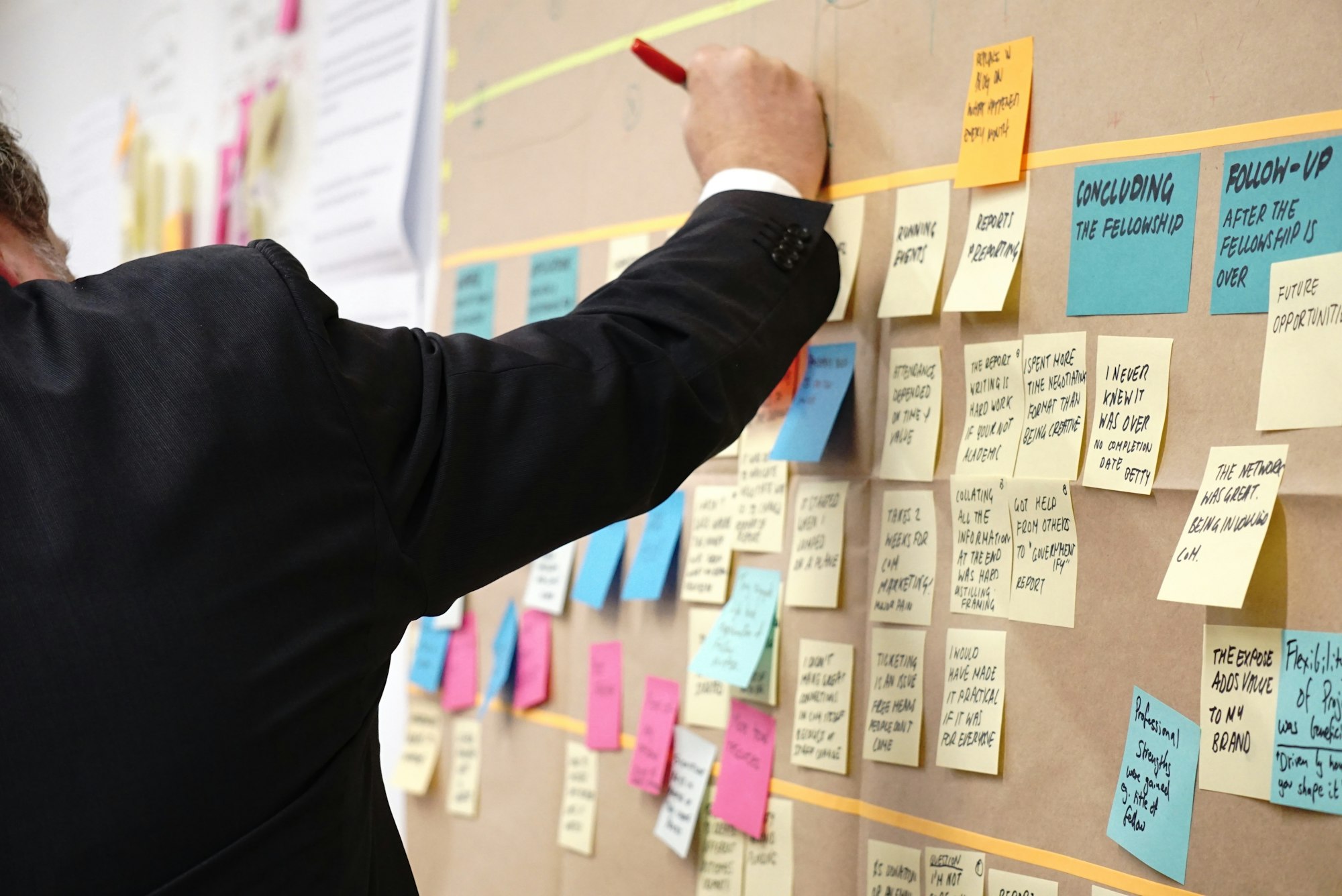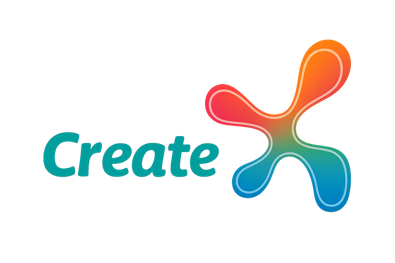AI & The Human Element Mercer's research reveals a future where technology doesn't replace humanity, but augments it, creating a more efficient, engaged, and strategic workforce.

The Tipping Point is Here
The integration of AI into HR is no longer a future concept; it's a present-day reality. Companies are rapidly adopting AI to streamline operations and unlock human potential, with a significant portion already realizing tangible benefits.
62%
of HR leaders are investing in AI and automation this year.
Where is AI Making an Impact?
AI's influence is spreading across all HR functions, automating routine tasks and providing deep insights. Talent acquisition and learning currently lead the charge in adoption.
Accelerating Talent Acquisition
By automating screening and scheduling, AI drastically reduces the time-to-hire, allowing recruiters to focus on building relationships with the best candidates.
The Evolving Skillscape
As AI handles routine technical work, the value of uniquely human skills like critical thinking, creativity, and emotional intelligence skyrockets. Mercer's data shows a clear demand shift towards these competencies for future-proof careers.
Navigating the Risks
While the potential of AI is immense, leaders are cautious. Algorithmic bias and data privacy are top concerns, highlighting the need for ethical frameworks and robust governance.
The Human-in-the-Loop Imperative
Mercer advocates for a symbiotic model where AI provides data-driven recommendations, but humans make the final, contextualized decisions. This ensures fairness, empathy, and strategic alignment.
AI Analysis
AI processes vast datasets to identify patterns, screen candidates, or predict trends.
Human Review
HR professionals review AI-generated shortlists and insights, applying context and expertise.
Final Decision
The final, nuanced decision is made by a human, ensuring ethical and strategic outcomes.

Detailed Research Report



